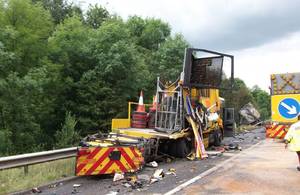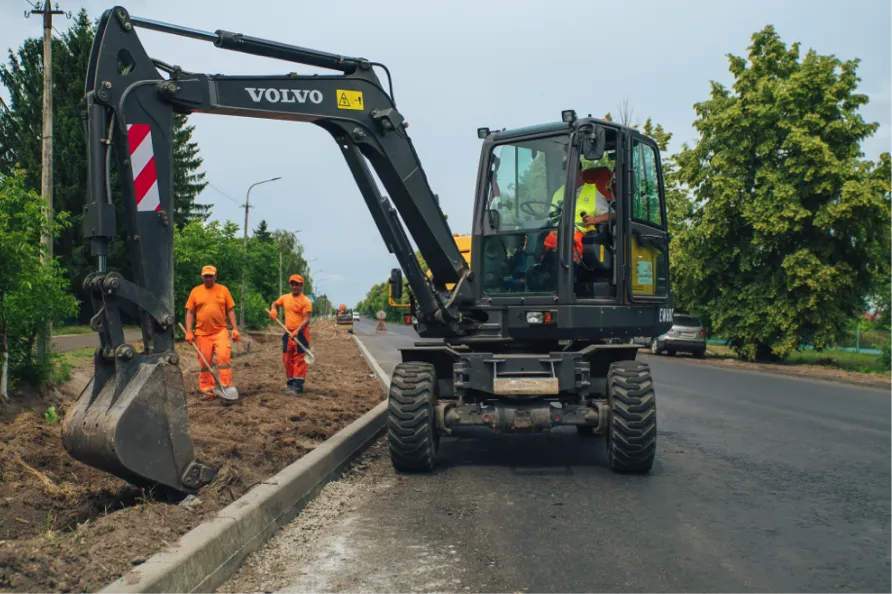
Highways England is urging motorists to drive carefully through work zones after recent data showed more than 6,500 vehicles have driven into roadworks in the past three years.
The agency, responsible for managing England’s motorways and major roads, also noted reported cases of motorists abusing roadworkers have risen by 10%.
CCTV footage of incidents, which the agency has put on its website, illustrate the dangers that roadworks have been facing as they maintain England’s highways.
The dangers of not paying attention while driving through roadworks are too obvious, noted the agency. Vehicles are seen to drive at speed through cones and careering into roadworks sites forcing workers to jump for their lives.
An average of 175 such incidents now occur every month, according to the agency.
In 2019, maintenance Amey recorded 753 vehicles driving into the company’s road closures, said James Haluch, managing director at Amey Highways and chair of a contractor group focusing on roadworker safety.

“Worse still, one of our roadworks vehicles are driven into every four or so months. Each one of these results in injuries to our people and it is generally the case that the physical injuries heal far quicker than the mental health ones. A few moments lapse of concentration could be life changing, please give the road your full attention, particularly through roadworks where there may be a temporary change to the road layout,” said Haluch.
Other examples captured by CCTV show some private vehicles following roadworks vehicles into the roadworks, with dire consequences.
Consider that just because workers aren’t visible, it doesn’t mean they are not present, said Mark Byard, director of health and safety at Highways England. Many operations take place at night, but also applies when visibility is restricted by works vehicles and equipment.
“We appreciate drivers get frustrated by roadworks but also they must understand the need for them to keep families connected and the country in business,” noted Byard.








